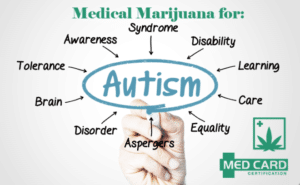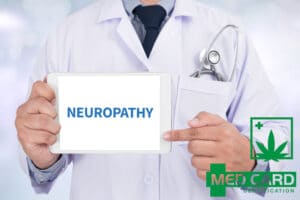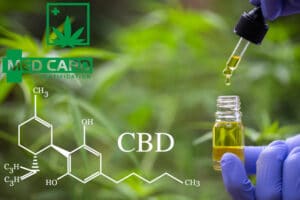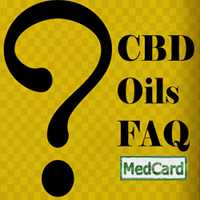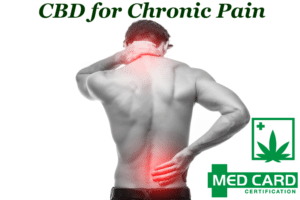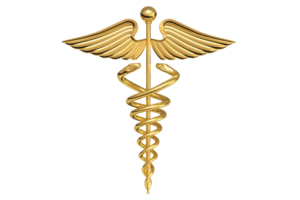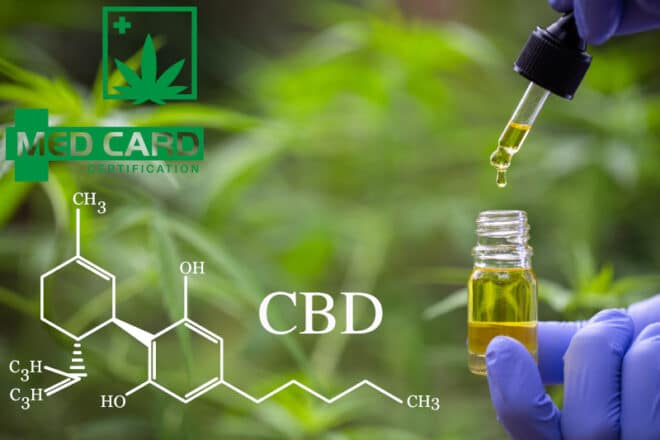
Cannabidiol, AKA: CBD
What is CBD, or Cannabidiol?
For thousands of years, humans have been turning to the extracts of the cannabis plant for its healing properties. The essential oils produced in the resinous flowers of the plant contain a family of compounds known as cannabinoids. Cannabidiol, aka CBD, is one of those compounds.
The most famous of the cannabinoids is known as delta-9 tetrahydrocannabinol, or THC. This is the compound found in marijuana which causes a high and is used for a variety of medicinal purposes. Like THC, CBD provides a host of health benefits. Unlike THC, CBD is non-intoxicating.
What are the benefits of CBD oil?
What is CBD used to treat?
The most common reasons that people give for taking CBD oil are to reduce anxiety and depression, reduce pain and inflammation, help them sleep, tame digestive issues, alleviate allergic reactions, reduce involuntary movements that come with medical conditions such as MS, ALS, and to reduce epileptic seizures.
According to scores or scientific studies, and mountains of testimonials from people who use CBD products, the compounds in CBD oil might have a wide array of health benefits which can be attributed to the compound’s effects on the human endocannabinoid system, or ECS. The ECS is an extremely complex system which is still far from being fully understood. But a little knowledge can go a long way towards understanding how CBD and other compounds found in CBD oil interact with this vital system to keep our bodies in a state of balanced health and wellness.
You may have noticed that all of these conditions, and the bodily systems involved in them are all very different. So how is it that one substance can be effective at treating them all? The answer to this question lies in the tiny microscopic world of signaling molecules such as neurotransmitters and hormones and the receptors on the surface cells with which they interact.
What are the effects of taking CBD?
All of these signaling molecules are produced naturally by the brain in response to certain states of health. They make their way through the body and interact with receptors. These receptors are found on all major organs as well as cells involved in the immune system. This system of signalling molecules and receptors is the brain’s way of relaying instructions to other cells in the body telling them how to behave. It also controls how electrical signals behave in the brain itself.
The brain produces quite a large variety of these signaling molecules. For example as mentioned, hormones are a type of a type of signaling molecule. Histamine, the molecule that produces allergic reactions is also a signaling molecule. Dopamine, oxytocin, serotonin, melatonin are also signaling molecules. Cannabidiol, or CBD, is one of a family of molecules known as cannabinoids.
There are two types of cannabinoids — endocannabinoids and phytocannabinoids. Endocannabinoids are produced naturally by the brain. Phytocannabinoids are produced in plants such as hemp. Interestingly, the phytocannabinoids found in CBD oil have the ability to mimic certain human endocannabinoids as well as to produce effects of their own.
The way the ECS works, roughly, is that if the brain detects some kind of health imbalance, it produces cannabinoid molecules to relay behavioral instructions to individual cells and organs to try to bring the system back into balance.
A perfect example is when the brain detects danger, it produces hormones and cannabinoids that get an animal amped up and prepared to fight or flee. When the danger passes the brain produces another set of signaling molecules that tell the body to calm down.
As you can imagine, if this particular system is out of balance it can cause chronic anxiety. Well, the same goes with a wide array of conditions such as sleep disorders, digestive disorders, inflammatory responses, immune responses, and on and on.
As it turns out, CBD mimics the effects of particular endocannabinoids that are involved in all these processes such as reducing anxiety, keeping inflammation in check and so on.
In which states is CBD oil legal?
Some of the states where the law is sticky include Arizona, Ohio, Idaho, South Dakota, Kansas, Nebraska, West Virginia, and Indiana. In almost all cases, however, because it’s hard to make a case for hemp CBD oil being illegal, many vape shops and health food stores in these states carry CBD oil and other CBD-infused products.
And many residents in these states simply purchase CBD Oils and Edibles online. There have been cases of people being arrested and prosecuted for possession of CBD, but they are extremely rare. These laws are constantly changing, so be sure to check the CBD laws in your state.


